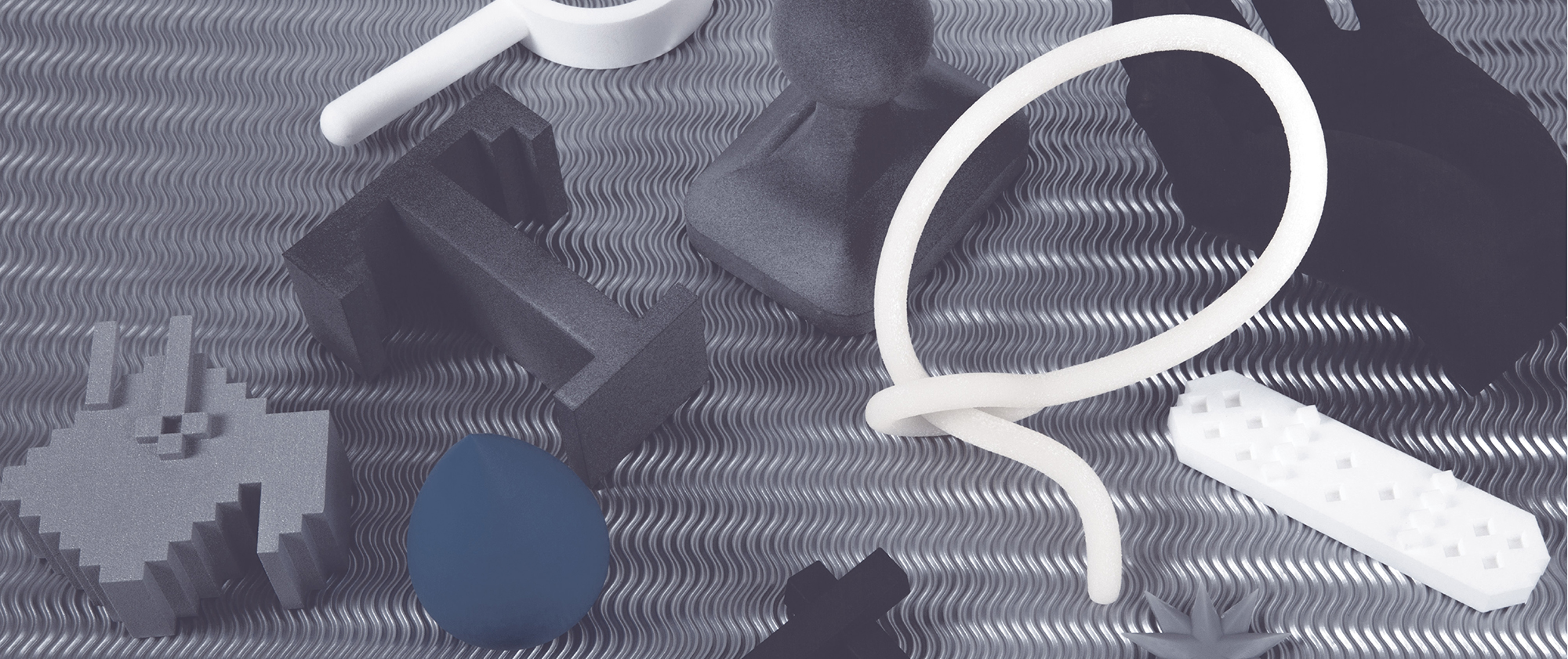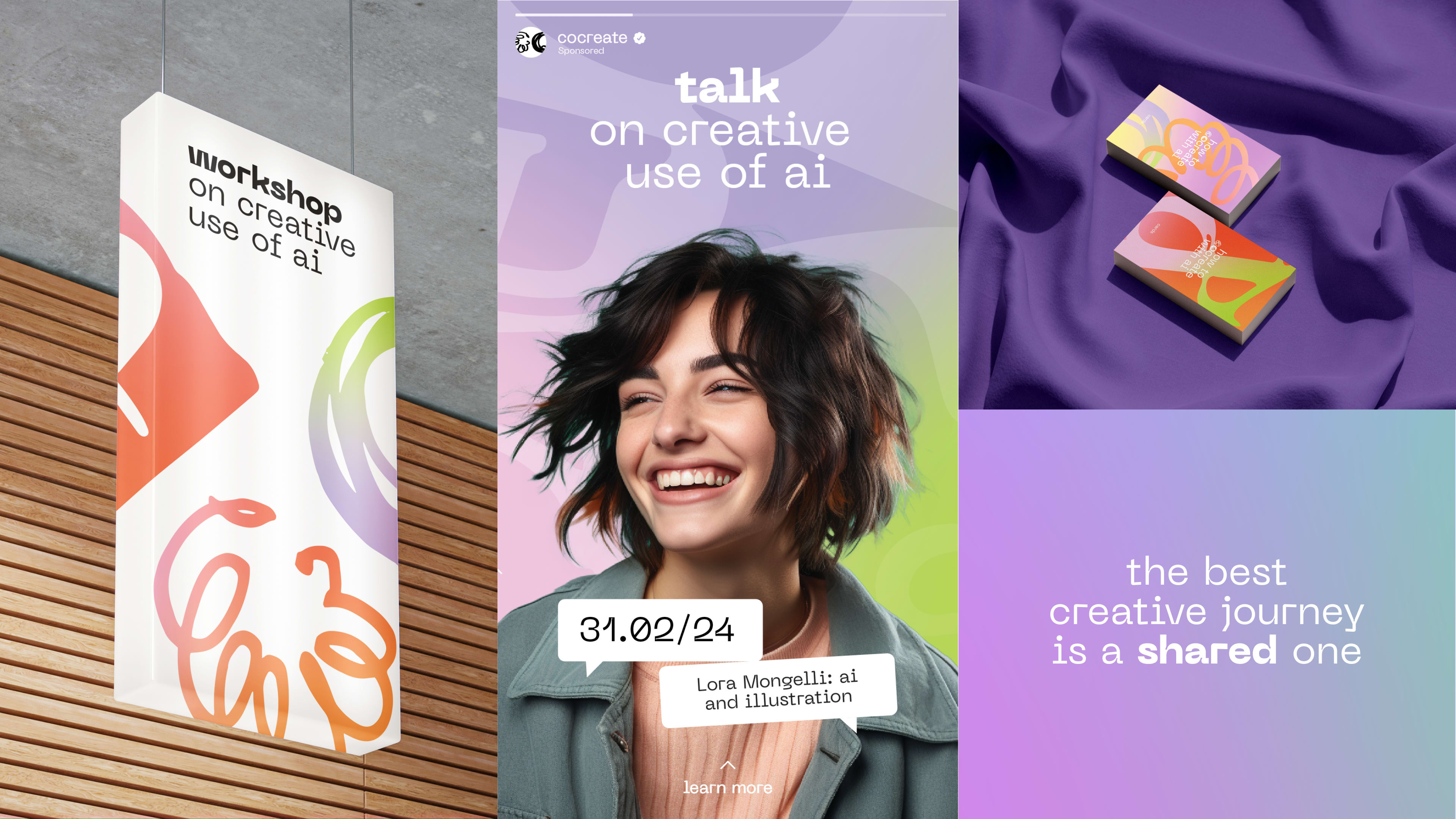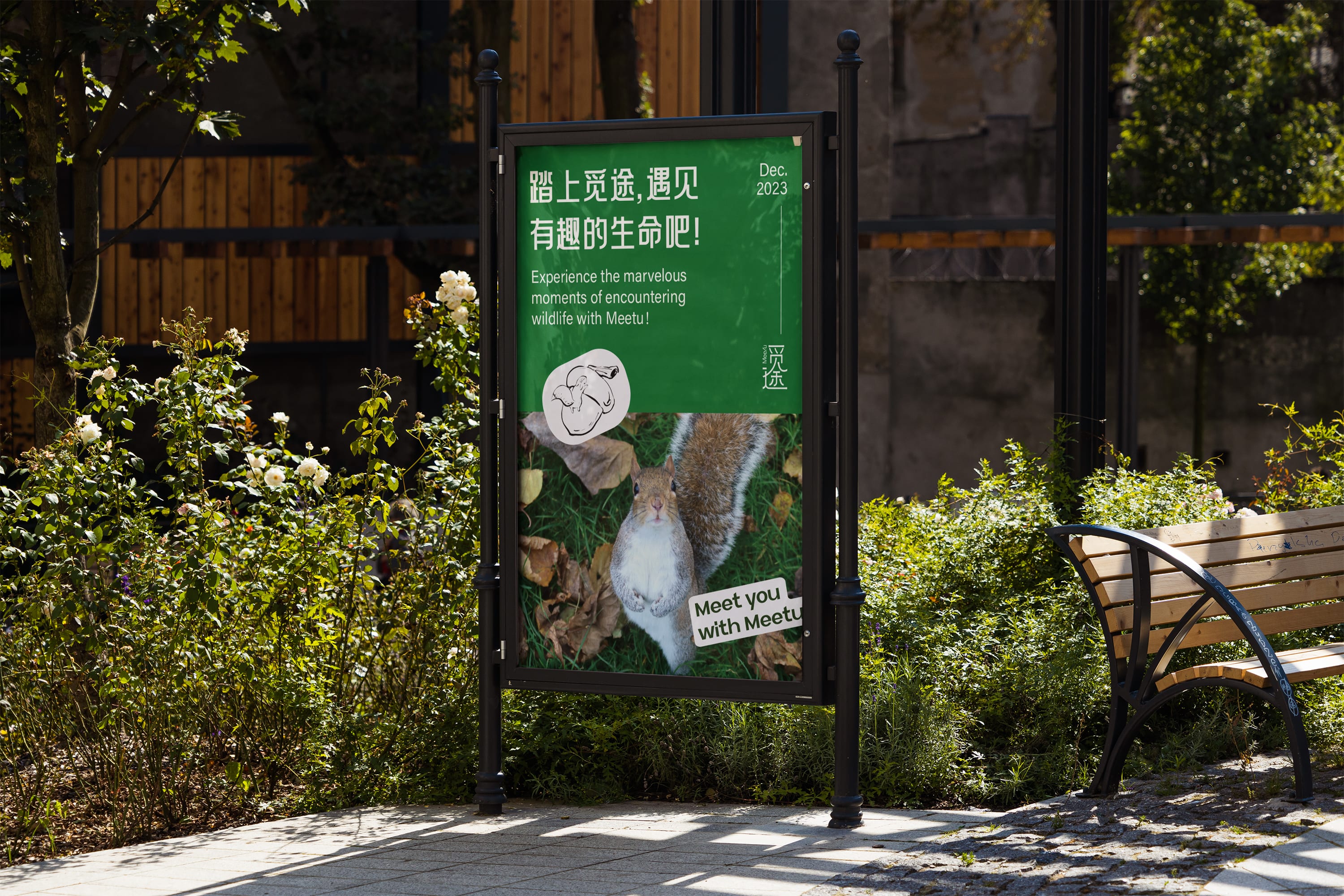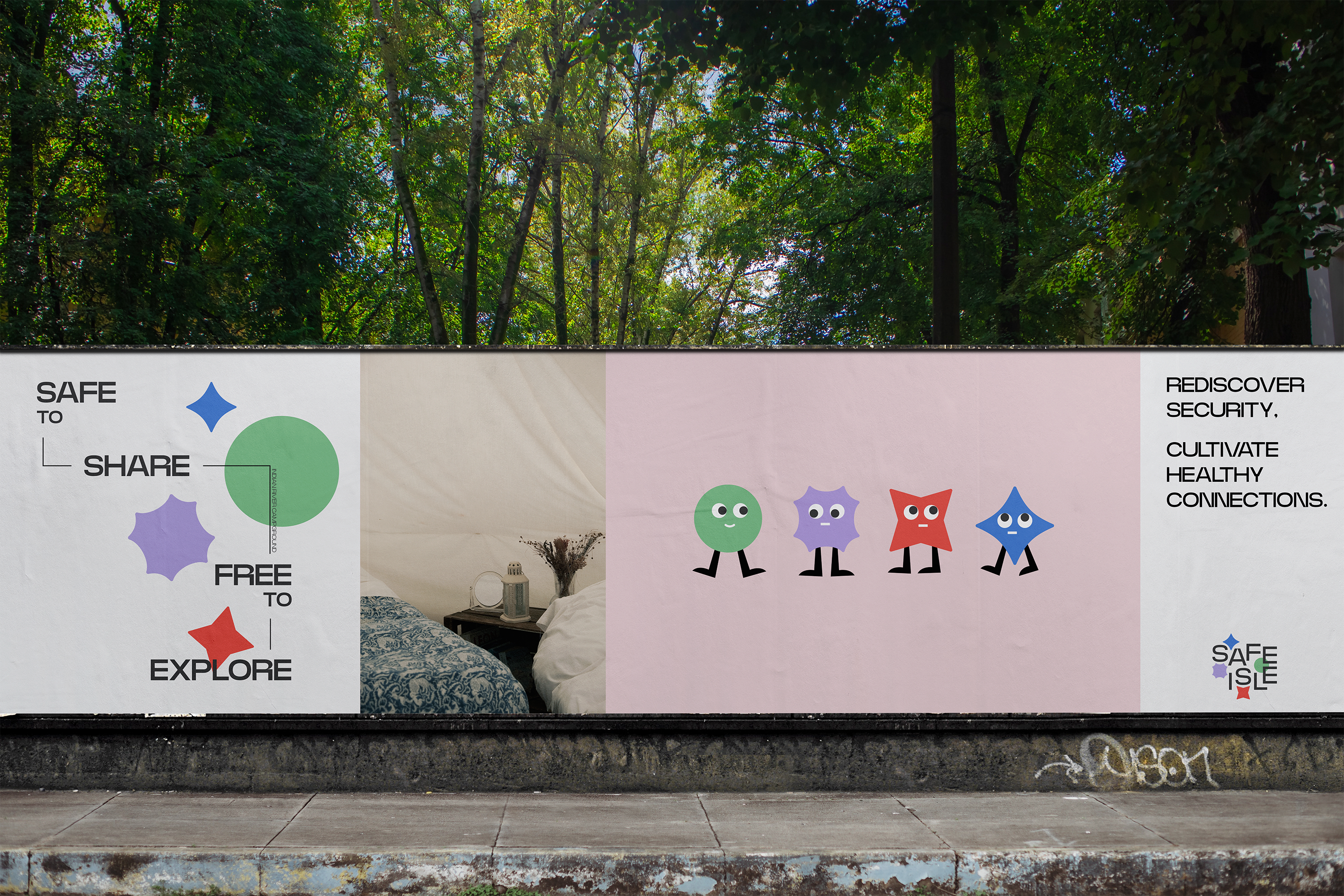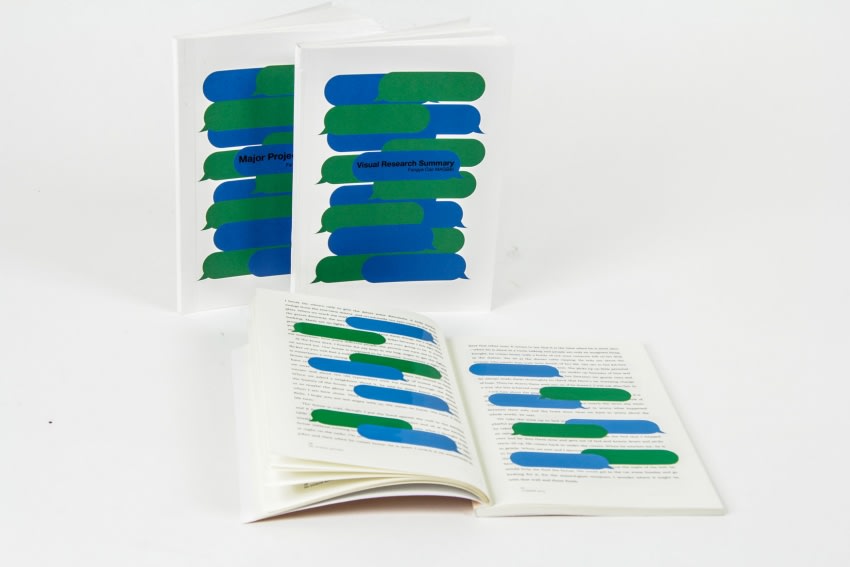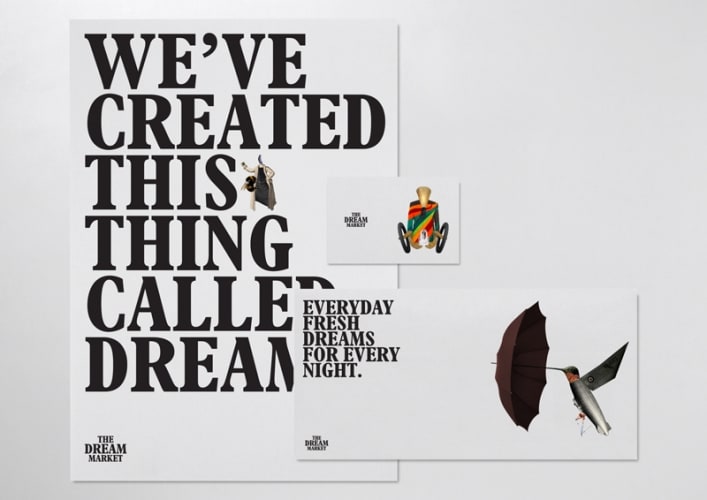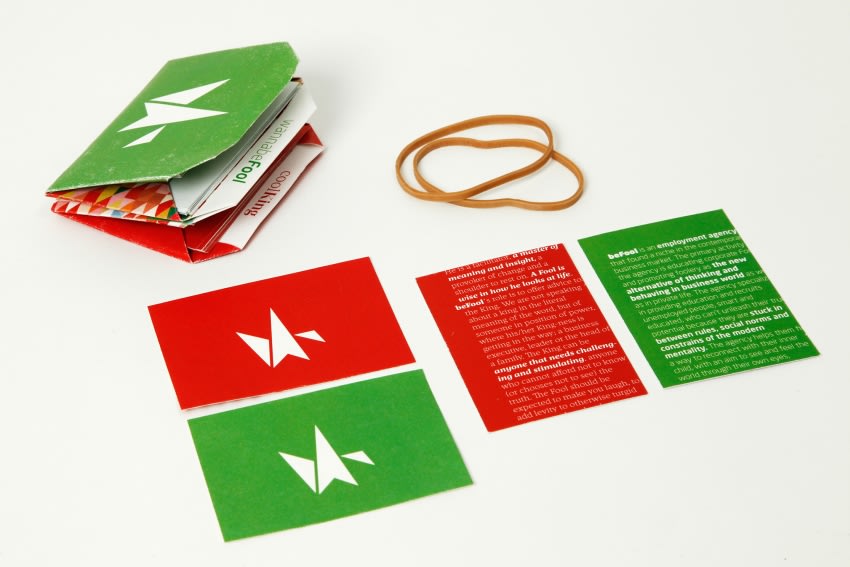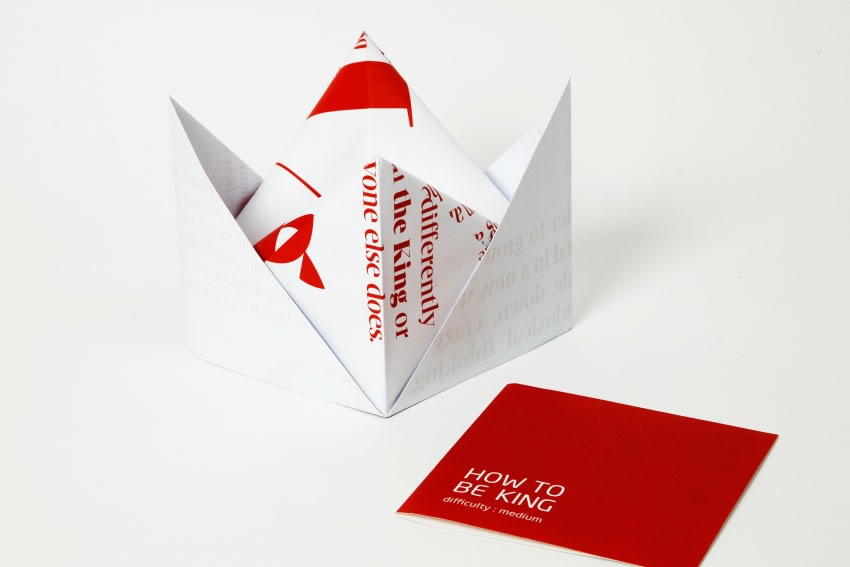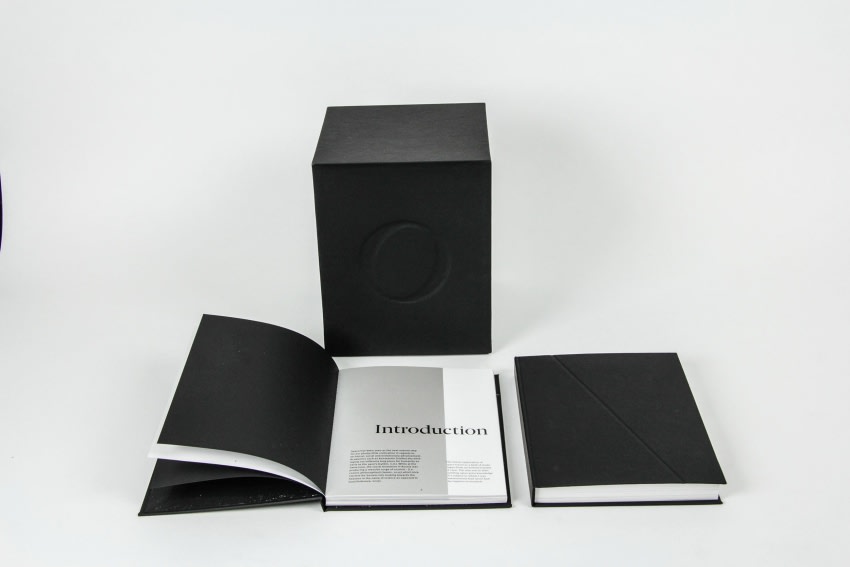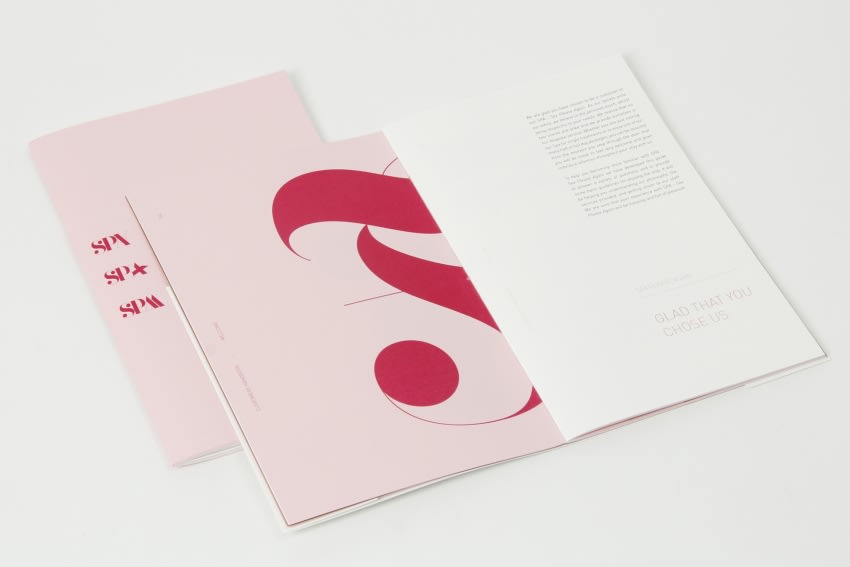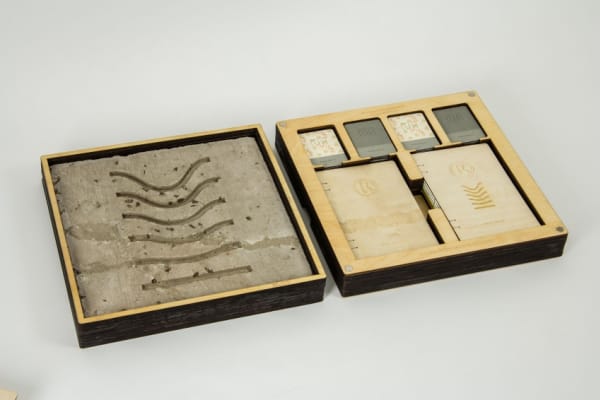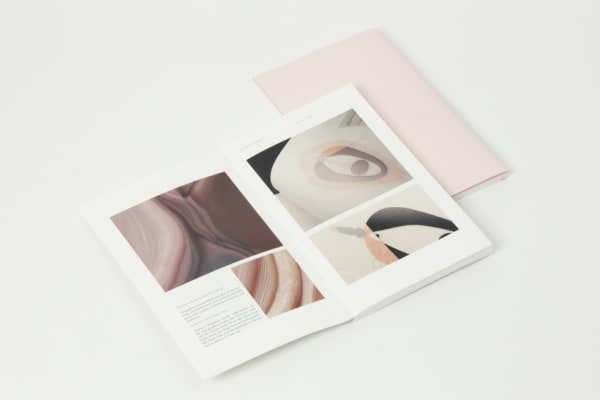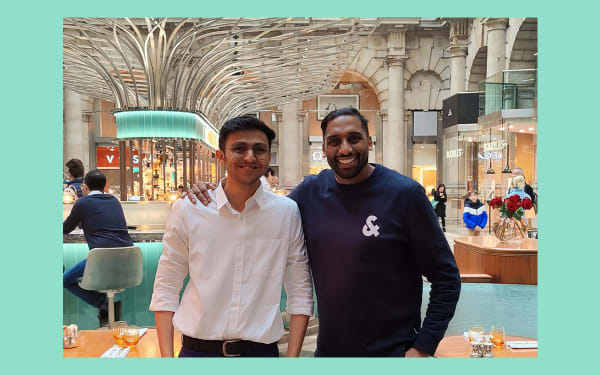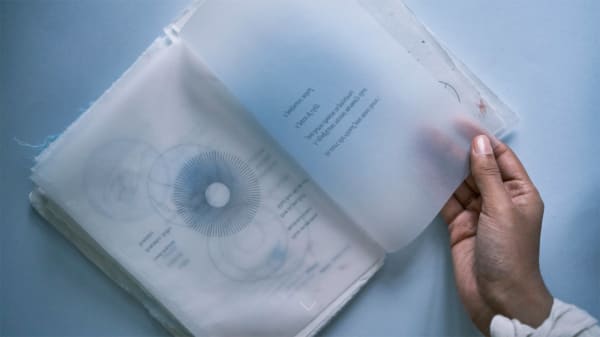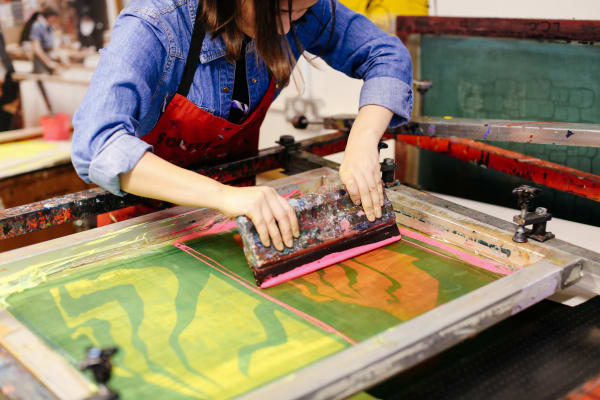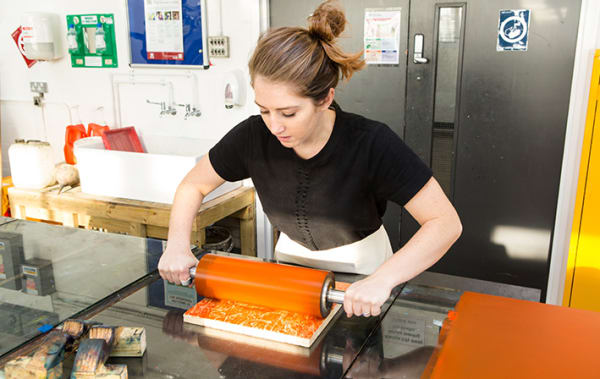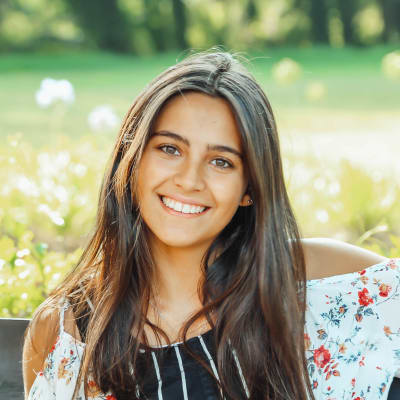Course units
We are committed to ensuring that your skills are set within an ethical framework and embed UAL’s Principles for Climate, Social and Racial Justice into the course (see Learning and Teaching Methods in Units 1, 2 and 4).
As part of this initiative, we’ve shaped our courses around social and environmental sustainability principles that ensure learning outcomes reflect the urgent need to equip you with the understanding, skills, and values to foster a more sustainable design approach for the planet. Our aim is to challenge your thinking, and to empower you to work towards an equitable and sustainable future.
MA Graphic Branding and Identity comprises four units totalling 180 credits. These units are delivered over three 15-week Blocks.
Block 1
Unit 1: Situating Practices (60 credits)
Situating Practices focuses on Graphic Branding and Identity as a subject area. It introduces you to diverse branding and identity contexts, critically addressing sociocultural and historical canons, enabling you to explore and identify your position as a branding practitioner.
Through in-depth inquiry and engagement in the debates and discourses surrounding contemporary brand practice and its possible futures, you will establish a contextual foundation for your ongoing practical project work and a deeper understanding of the techniques required to produce effective and innovative graphic brand and design communication.
Block 2
Unit 2: Professional Practices (40 credits)
Professional Practices focuses on Graphic Branding and Identity as an active commercial and industrial field of practice. You will develop your position as a graphic and brand designer, exploring the possibilities and potential for your future career plans.
You will develop appropriate and ethical professional attitudes, behaviours, and values. In addition, you will enhance your process through academic integrity, problem-solving skills, the construction (and deconstruction) of design briefs, and explore the applicability of diverse design methodologies to real-world scenarios. Through an expansion and refinement of your design research processes, you will become part of a broader community of practice.
Unit 3: Collaborative Unit (20 credits)
The focus of the unit is student-driven collaboration with projects being developed to meet the specific requirements of student groups within and across disciplinary boundaries, with potential to work with students from a broad range of discipline areas within and outside LCC/UAL.
Block 3
Unit 4: Master’s Project (60 credits)
Master’s Project develops and resolves design research conducted through Units 1, 2 and 3. You will develop a final project which allows you to speculate on insightful, experimental approaches to Graphic Branding and Identity.
You will present a project proposal and methodology which builds on your ongoing brand and design inquiry, enabling you to speculate on innovative, inclusive, and sustainable approaches to outputs.
You will write an extensive piece of critical reflection, situating your brand and design output[s] within contemporary, historical, dominant, and emerging contexts.
